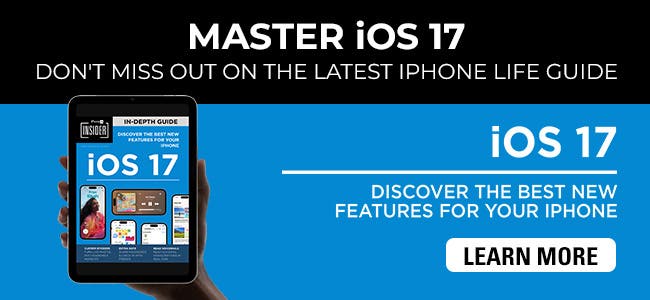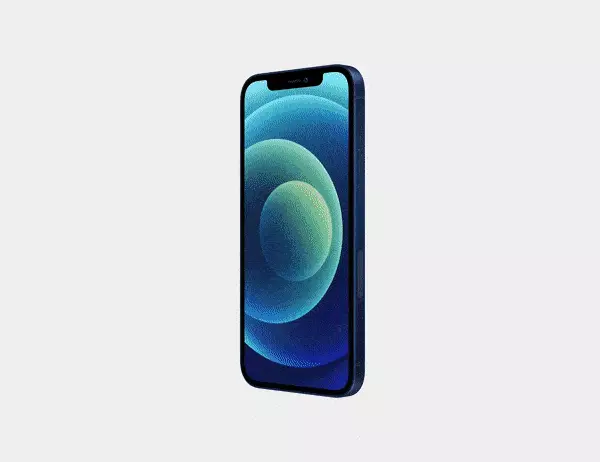Technology has become an intimate part of our daily lives, impacting us in many ways. Consequently, it is not surprising that dominant technology providers including Microsoft, AT&T, Google, and Facebook evoke strong emotions.
Perhaps there is no stronger love/hate relationship then the one people feel towards Apple. Apple creates extraordinary products, and in doing so exerts maximum control on its ecosystem. Consequently, end users, enterprise users, app developers, accessory vendors, cellular providers, and retailers simultaneously appreciate Apple's products and resent the control Apple exerts over them.
Why we love Apple
Almost everyone would agree, Apple creates extraordinary, user oriented, esthetically beautiful, mobile products. When Apple launched the iPhone in 2007 and the iPad in 2010, it solved what was beginning to look like insolvable usability problems. Apple seemed to make all the right choices in the mobile space where size dictates compromise. Thanks to Apple and the introduction of the iPhone, iPod touch, and iPad; the smartphone, PDA, and tablet respectively are quickly becoming mainstream products.

Gaining control of necessary elements
Apple controls the physical hardware, the operating system, and built-in applications of the iPhone, iPad, and iPod touch. However, Apple needs other companies for these devices to fulfill their potential. Remarkably, Apple managed to gain control over key constituents of the iOS ecosystem including the cellular network (AT&T and Verizon in the U.S.), app developers, and retailers. In doing so, Apple has created an optimal experience for its iOS device customers.
Apple's number one priority is the end user experience. Apple would argue that Microsoft and Google cannot create a uniform, positive, and reliable user experience with their approach to mobile computing. Microsoft and Google build the operating system. From there it is up to phone companies, hardware manufacturers, and application developers to create the experience for the end user. Of course, Microsoft and Google set constraints and standards. But the inevitable result of this model is inconsistent user experience. The user might have a Microsoft phone manufactured by HTC on the Sprint network with 25 applications from different developers obtained in different places. If something doesn't go right, who is to blame? To whom do you go to for support?
An Apple user purchases basic hardware and software from Apple or an authorized reseller, apps from the App Store, and cellular service from a provider who carefully follows Apple's lead. The resulting end user experience is much more predictable. If there is a problem, finding a solution is much easier.
Why Apple is resented
As a consequence of Apple's efforts, end users love their devices, AT&T and Verizon have more subscribers, app developers have more sales, and retailers sell more devices and accessories. The Apple ecosystem can be thought of as benevolent dictatorship, with a philosopher-king, Steve Jobs, in charge. Why should anyone complain?
The answer is simple: human nature. No one likes to be controlled or manipulated. No one wants their fate out of their control, at the whims of another more powerful. Here are a few examples:
What end users don't like:
- Being dependent on iTunes. Users don't like having to work with complex, unintuitive software to activate, reactivate, sync, backup, rearrange app icons, and to purchase apps, music, and movies.
- Having to buy a contract that leads to the inability to switch carriers or purchase local SIM cards when abroad.
- Having only one source to purchase software, the App Store.
- iOS devices lack the ability to display Flash media content.
- There is no standard USB port.
- There is no printed manual. (At an airport, I met a woman who was given an iPad by her son. She had no idea what to do with her iPad. She couldn't believe there was no manual.)
Some of what AT&T and Verizon don't like:
- Although apps use their network, they receive no compensation for those apps.
- They must get Apple's OK with any marketing effort.
- In general, they must follow Apple's lead on technical, logistical, and other matters, rather than dictating those terms.
App developers:
- They must sell apps through the App Store.
- They don't know who their customers are.
- They are at the mercy of Apple's inconsistent app acceptance policies.
- They don't like the restrictions Apple places on the content of their apps.
- They don't like the restrictions in the technology used to create iOS apps.
Resellers:
- They must conform to strict and costly guidelines as to how Apple products are displayed in their store.
- Their margins are small, they can't lower prices to compete, and they do not get revenue from cellular providers.
Enterprise:
- They are dependent on Apple if they want to create in-house apps.
- In general, their deployment concerns are addressed very slowly by Apple.
Can Apple do better?
Apple successfully and effectively manages a complex ecosystem. However, I have repeatedly heard complaints about Apple's lack of accessibility. That is, Apple only addresses what can be critical concerns of an organization if and when Apple is ready to. This breeds a sense of powerlessness in organizations and creates significant anxiety and resentment.
Obviously, even Apple doesn't have the resources to be all things to all people. However, more communication, a greater understanding of their partner's challenges and contributions, and some humility could go a long way in increasing good will towards Apple and ultimately ensuring Apple's effectiveness and sustainability.

